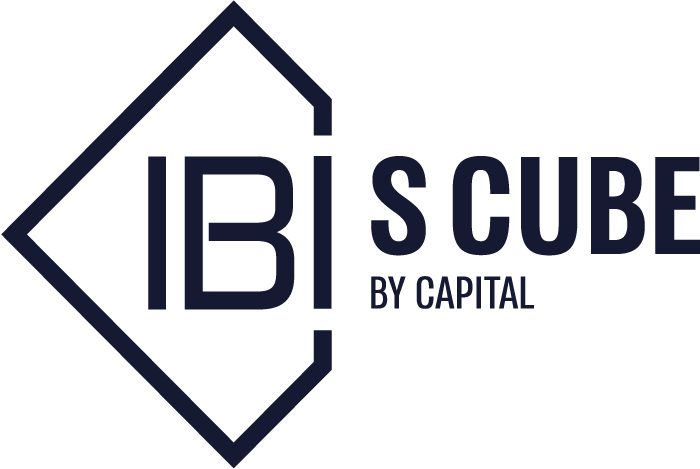After a period of stagnation, the secondary market is moving again—this means liquidity opportunities for founders, employees, and investors even before an exit. But alongside the opportunity, there are also risks—especially concerning valuation implications and tax liability.
The stream of secondary transactions has resumed recently, following a prolonged freeze. In such deals, shares are acquired from existing shareholders, in contrast to “regular” transactions where new shares are issued, and capital flows into the company in return. A key advantage of secondary transactions is the opportunity to realize value before an exit: this type of deal allows founders and current investors to “meet the money” at an earlier stage, reducing pressure to sell the company and providing breathing room for it to grow and maximize long-term value. On the flip side, such deals may have significant consequences for the company’s share valuation and the sellers’ tax liabilities, such as capital gains versus income tax.
Low-Impact Secondary Deals
In general, the primary goal of most secondary transactions in which companies are actively involved is to benefit employees as part of a funding round. The lowest-impact type of deal on share price—derived from the funding round—is where employees first exercise options into common shares, then sell those shares to the same investors participating in the round at the same price paid for preferred shares. Finally, the common shares are converted into preferred shares acquired in the round. In short: a secondary with conversion. In this case, buyers receive only preferred shares, and the valuation reflects this. Economically, there’s no difference in the value of common shares derived from a funding round with such a secondary transaction versus a round of the same size involving only preferred shares. Assuming the preferred share price is the same in both cases, the common share valuation will also be identical.
If Buyers Pay Less, Why Is the Share Price Higher?
Counterintuitively, in secondary transactions where investors pay a lower amount, the implied value of the common share is actually higher. These are secondary deals executed alongside a funding round, where investors purchase preferred shares from the company and, simultaneously, common shares originating from employee option exercises. The common shares are sold at a discount relative to the preferred shares, typically 10–20%. In these cases—where investors pay a relatively small amount for the same number of shares—the implied share price ends up being higher.
Non-Converted Secondary Deals Are “More Expensive” for Investors
In secondary deals without conversion, investors effectively pay more. For example, in 409A valuations, the fair market value of common shares is typically 40–50% of the preferred share value from the latest funding round. However, in secondary deals without conversion, shares are generally sold at only a 10–20% discount. Yet this is not the main reason for the higher impact on the common share price implied by the round.
Why Is the Common Share Price Higher in Non-Converted Secondary Deals?
The standard valuation practice assumes that investors who are willing to purchase common shares at a relatively “inflated” price—reflecting only a 10–20% discount relative to preferred shares (and sometimes no discount at all)—do so because they anticipate a favourable IPO or acquisition. That is, a scenario where the company’s sale price is high enough that the downside protection of preferred shares becomes irrelevant, and all shares convert to common at the same value. Therefore, the value of common shares is typically calculated as the weighted average between the round-derived valuation and the price paid in the secondary deal. Furthermore, secondary transactions are not conducted in a perfectly competitive market, so a secondary without conversion effectively embeds a positive IPO or exit scenario that lifts the valuation of the common stock.
What Criteria Affect the Share Price Impact of Secondary Deals?
According to the updated guidelines issued by the American Institute of Certified Public Accountants (AICPA), the degree to which secondary transactions influence a company’s share valuation depends on several interrelated factors. One such consideration is the nature of the investor participating in the transaction—specifically, whether the investor is a new entrant or an existing shareholder. Another critical factor is the extent of the company’s involvement in the transaction itself. The identity of the sellers also plays a role, including whether they are founders, current employees, former employees, or institutional investors, as does the distribution of shares among these groups.
In addition, the relative size of the secondary transaction compared to the overall fundraising round is an important determinant, as is the context in which the sale occurred—particularly whether it was conducted under any form of duress or time pressure. The type of shares sold (e.g., common versus preferred) and the frequency with which secondary transactions have taken place at the company may also influence valuation outcomes. Access to financial information is another key issue: whether both buyers and sellers had insight into the company’s financial performance and outlook may affect how the transaction is viewed. Lastly, the presence of additional contractual components—such as accompanying commercial agreements—can further affect the interpretation and pricing implications of the secondary deal.
What Are the Key Tax Implications in Israel?
The primary tax issue faced by founders and employees relates to deal structure. One example is converting common shares held by founders and employees into preferred shares at the same price or at a discount to the investors in the transaction—even when the shares’ fair market value is higher. Since preferred shares carry preferential rights, this effectively grants employees a benefit that the tax authorities may treat as compensation for employment. As a result, it may be taxed as ordinary income (at higher income tax rates) rather than capital gains (typically taxed at 25%). Furthermore, because there is no legal obligation in Israel to grant options or shares at fair market value based on an independent valuation, the Tax Authority may challenge the company’s internal valuation and argue the granted benefit was worth more.
Seek Advice Before Signing a Deal
Secondary transactions are relevant for investors, founders, and even employees who hold shares. Yet many participants are not familiar with the topic or the range of economic and legal implications, including tax liability and matters like Section 409A. For example, a company’s choice to structure a secondary deal with conversion into preferred shares may benefit the buyers and all employees (in terms of the exercise price for 409A), but without an appropriate valuation and professional opinion, it may increase the seller’s tax liability. Therefore, the structure of a secondary agreement plays a critical role in reducing exposure to such risks.
S Cube, a member of the IBI Capital group, is certified by the world’s largest valuation analyst association, NACVA, which is recognized by U.S. authorities. The firm specializes in valuing tech companies and conducts hundreds of valuations annually to comply with Section 409A. Founded in 2005, S Cube has never had a valuation rejected by the U.S. tax authorities. Over the years, the firm has also provided economic opinions on secondary transactions to the Israeli Tax Authority. It is worth noting that the criteria for assessing valuations involving secondary transactions are nuanced and raise a range of complex questions. For further information, you can contact Gidi Shalom Bendor, Founder and CEO of S Cube, at gidi@s-cube.co.il.
The content of this article is provided for general informational purposes only. It should not be considered as factual or complete information on the topics discussed, nor should it be regarded as a recommendation for action. The content does not constitute “investment advice” or “investment marketing” as defined by the Regulation of Investment Advice, Investment Marketing, and Portfolio Management Law, 1995, nor does it replace such services. It is not a substitute for legal, financial, tax, economic, or professional advice of any kind. S Cube, IBI Group, or any of their affiliates shall not be liable for any loss or damage that may result from reliance on or use of the information presented herein.



